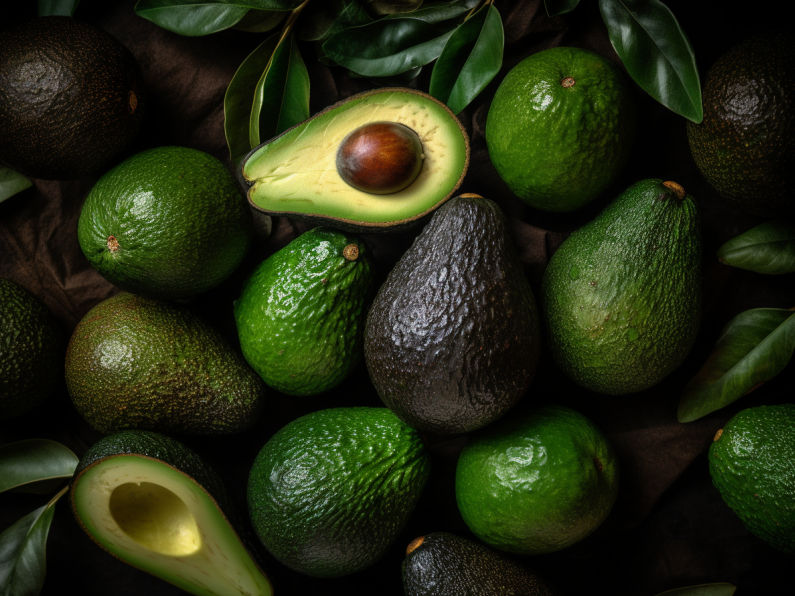Superfood: Ecological and social disadvantages
VERBRAUCHER INITIATIVE advises regional alternatives
Advertisement
avocados and quinoa are among the popular superfoods from faraway countries. However, strong demand in this country promotes massive environmental and nutritional problems in the producing countries. Added to this is the environmental pollution caused by long transport routes. For this reason, VERBRAUCHER INITIATIVE advises consumers to choose European and German alternatives.

Computer generated picture
The high demand for avocados and other superfoods in industrialized countries means that cultivation is increasingly being expanded in producer countries. In order to create large cultivation areas, for example in South America, nature, the environment and livelihoods are being destroyed. The huge monocultures are accompanied by high pesticide use and large water consumption. There is not enough water left for the local population to meet their needs and feed their fields. Mass production with cheaper prices also destroys local markets.
"Avocados score high in monounsaturated fatty acids, especially oleic acid. Alternatives include walnuts or olives, which also contain plenty of these," advises Alexandra Borchard-Becker of VERBRAUCHER INITIATIVE. Walnuts, for example, come from German cultivation, France or Moldova. They are also rich in polyunsaturated fatty acids. Olives are cultivated in Italy, Spain and Greece, among other places.
In the case of pseudocereals such as quinoa or amaranth, growing demand is driving up prices, unfortunately also in the regions where they are grown. There, however, they are important staple foods and ensure the energy and protein supply of the local population. If prices rise sharply, food becomes unaffordable for the poorer classes.
Those who do not rely on gluten-free foods should consume well-traveled species less frequently. "Millet and buckwheat from Europe are also gluten-free. In addition, quinoa and amaranth are now also available from European cultivation," says Alexandra Borchard-Becker. If gluten is tolerated, the whole variety of domestic cereals is available.
Note: This article has been translated using a computer system without human intervention. LUMITOS offers these automatic translations to present a wider range of current news. Since this article has been translated with automatic translation, it is possible that it contains errors in vocabulary, syntax or grammar. The original article in German can be found here.































































